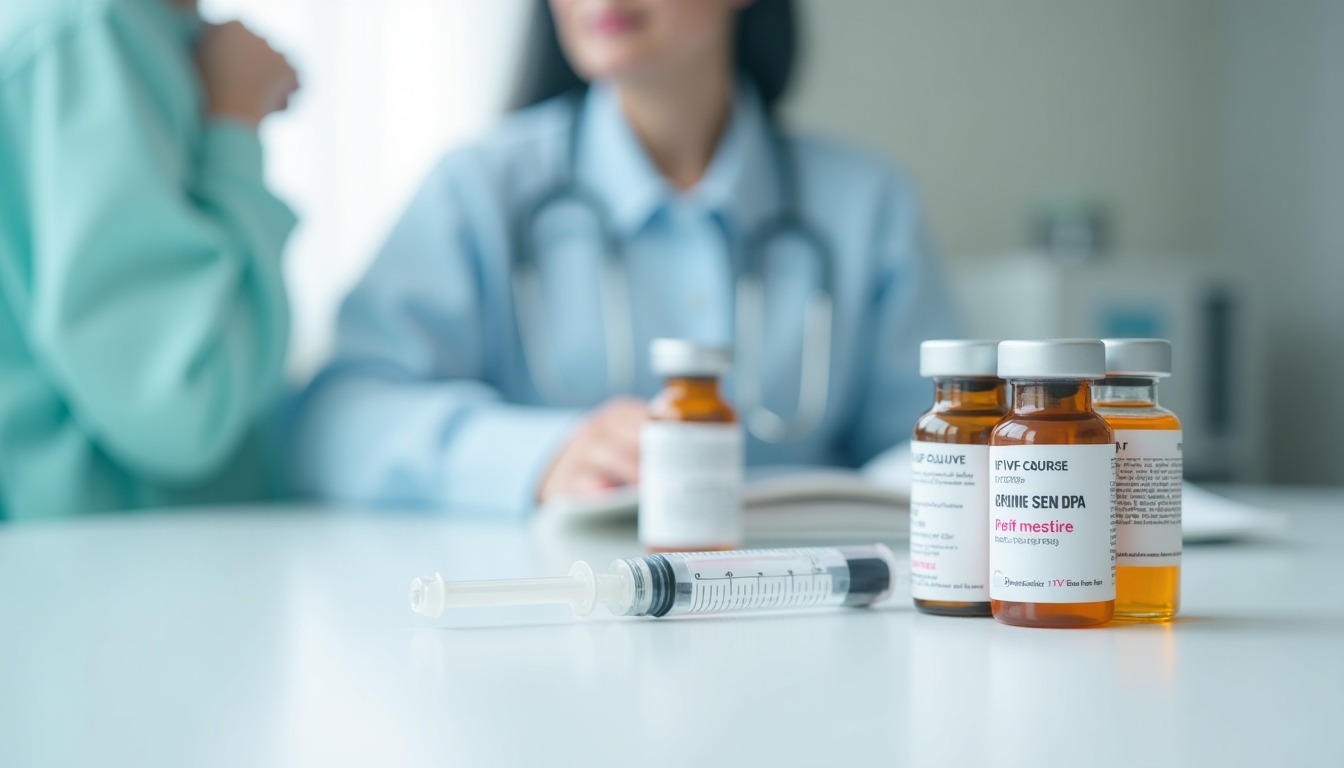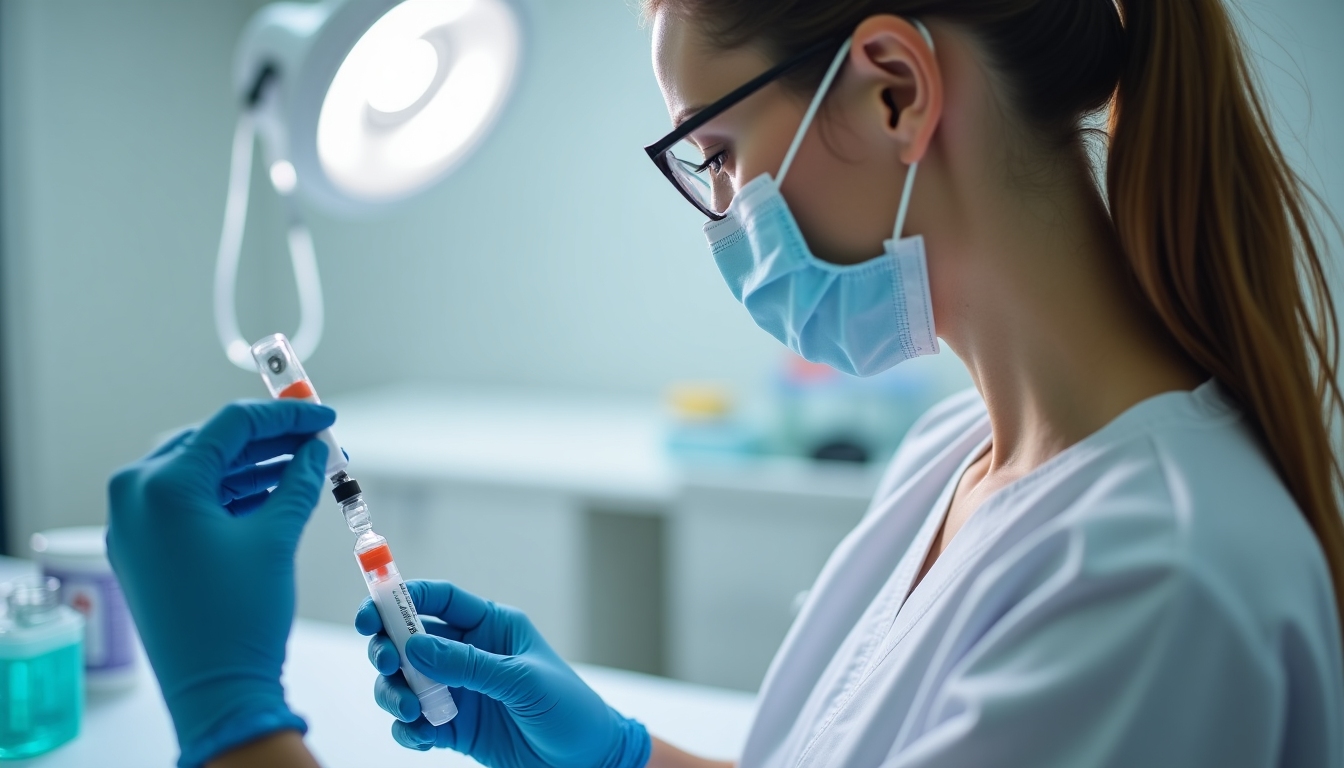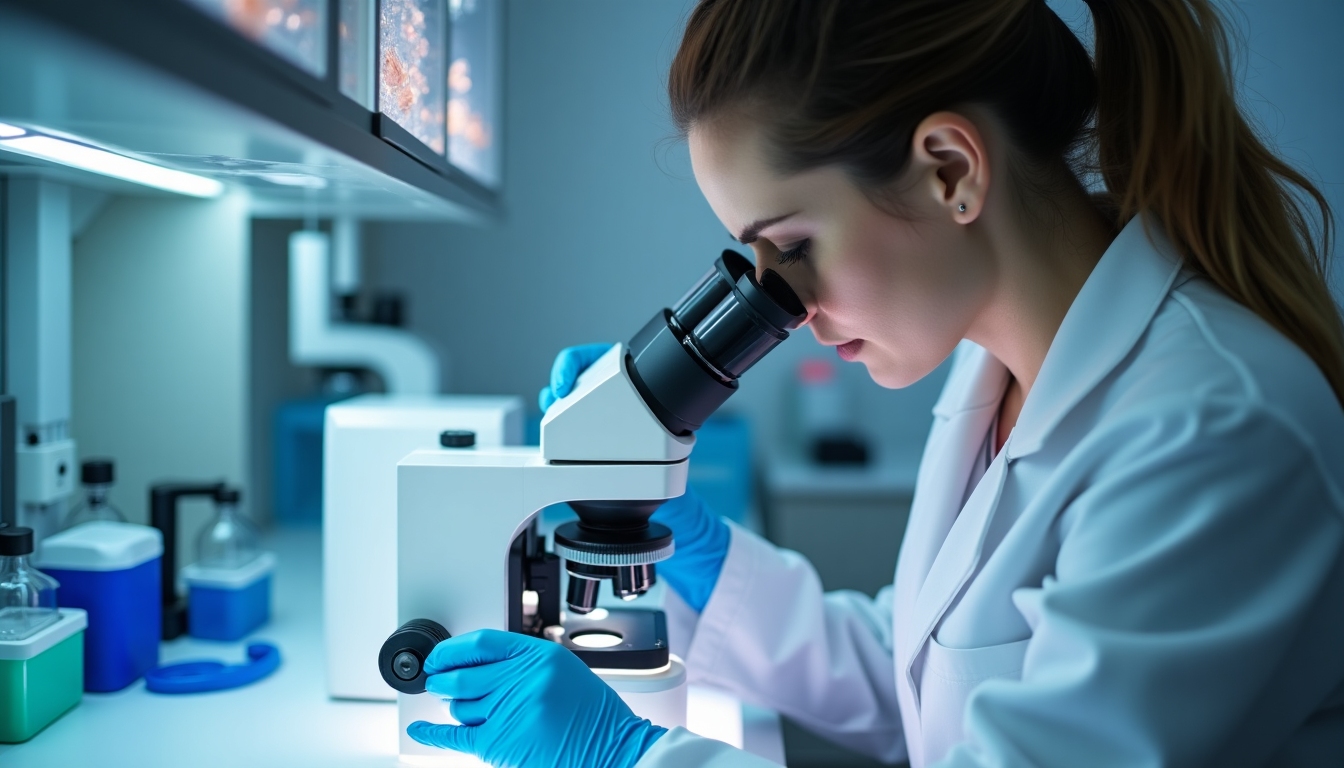Navigating Your IVF Medication Protocol Timeline
Dec. 10, 2024, 5:05 p.m.
Understanding the IVF Medication Protocol Timeline
Embarking on a journey through IVF can be overwhelming, and understanding the medication protocol timeline is essential. This guide will walk you through what to expect, making the process less daunting.
What is IVF?
In-vitro fertilization (IVF) is a series of procedures used to assist with the conception of a child. It involves the extraction of eggs, retrieval of sperm, and then manually combining an egg and sperm in a laboratory dish. The embryo is then transferred to the uterus.
IVF medication, central to the procedure, plays a critical role in stimulating your ovaries to produce multiple eggs, preparing your body for embryo transfer, and supporting early pregnancy.

The IVF Medication Protocol Timeline Explained
Day 1: Initial Consultation
Your IVF journey begins with a comprehensive consultation with a fertility specialist. During this meeting, your medical history is reviewed, and a personalized IVF medication protocol is crafted.
Days 2-4: Baseline Assessments
Before starting any medication, your doctor will perform a baseline assessment through ultrasound and blood tests. This step is crucial to tailor the fertility drugs according to your body's needs.
Days 5-12: Ovarian Stimulation
Your doctor prescribes various fertility drugs to stimulate your ovaries to produce multiple eggs. The most common medications used during this phase include:
- Gonadotropins: These include FSH (follicle-stimulating hormone) and LH (luteinizing hormone).
- Antagonists or Agonists: These prevent premature ovulation.
You’ll inject these IVF medications over a period of 8 to 12 days, with doses adjusted based on regular blood work and ultrasounds.

Day 13: Monitoring Progress
You’ll often visit your clinic for monitoring. These appointments help your doctor decide whether to adjust your medications. Monitoring involves checking hormone levels and evaluating follicle development through ultrasound.
Day 14: Trigger Shot
Once your follicles reach the desired size, another medication known as the "trigger shot" is administered. This drug matures the eggs and times ovulation accurately, crucial for the success of egg retrieval.

Days 15-16: Egg Retrieval
Around 36 hours after the trigger shot, the egg retrieval procedure takes place. It’s an outpatient procedure where eggs are collected from the ovaries using a needle—less intimidating than it sounds, as you'll be under sedation.
Days 17-21: Fertilization and Embryo Culture
Post-retrieval, your eggs are fertilized with sperm in the lab. Not all eggs will fertilize or develop into embryos; hence, this part requires patience. Your fertility clinic will update you on the progress.

The Role of Fertility Drugs Beyond Egg Retrieval
Embryo Transfer
Depending on your specific protocol, embryo transfer may occur several days after fertilization. Medications to prepare the lining of your uterus are crucial to support implantation.
Supporting Early Pregnancy
If implantation occurs, medications continue through the early weeks of pregnancy to ensure adequate hormone support.
Personal Insights and Considerations
The journey through IVF medication and treatment is highly personal and can vary from person to person. Here are some insights from others who have been through the process:
- Karen, a 35-year-old hopeful mother, noted that keeping a journal of her medication schedule helped her stay organized.
- Mark and Lisa, who went through IVF, found it beneficial to join a support group where they could share their experiences with other couples.
Remember, patience and self-care are crucial during this time. Let your healthcare team know if you’re experiencing any issues or emotional challenges.

Summary
Navigating the IVF medication protocol timeline can seem intimidating, but understanding each step can empower you on your path to parenthood. From initial consultations and baseline assessments to monitoring and support through embryo culture, each phase is essential in your IVF journey.
Recommended Readings
Exploring further on these topics can enhance your understanding and prepare you for the journey ahead:
- "Optimizing IVF Success: What Science Tells Us"
- "Decoding Fertility: A Simple Guide to Understanding IVF"
- "IVF Emotional Preparedness: What to Expect and How to Cope"
- "Embryo Transfer: Best Practices for Success"
Keep in mind, while this guide offers a comprehensive overview, your fertility specialist is the best resource for personalized advice and support on your IVF journey.